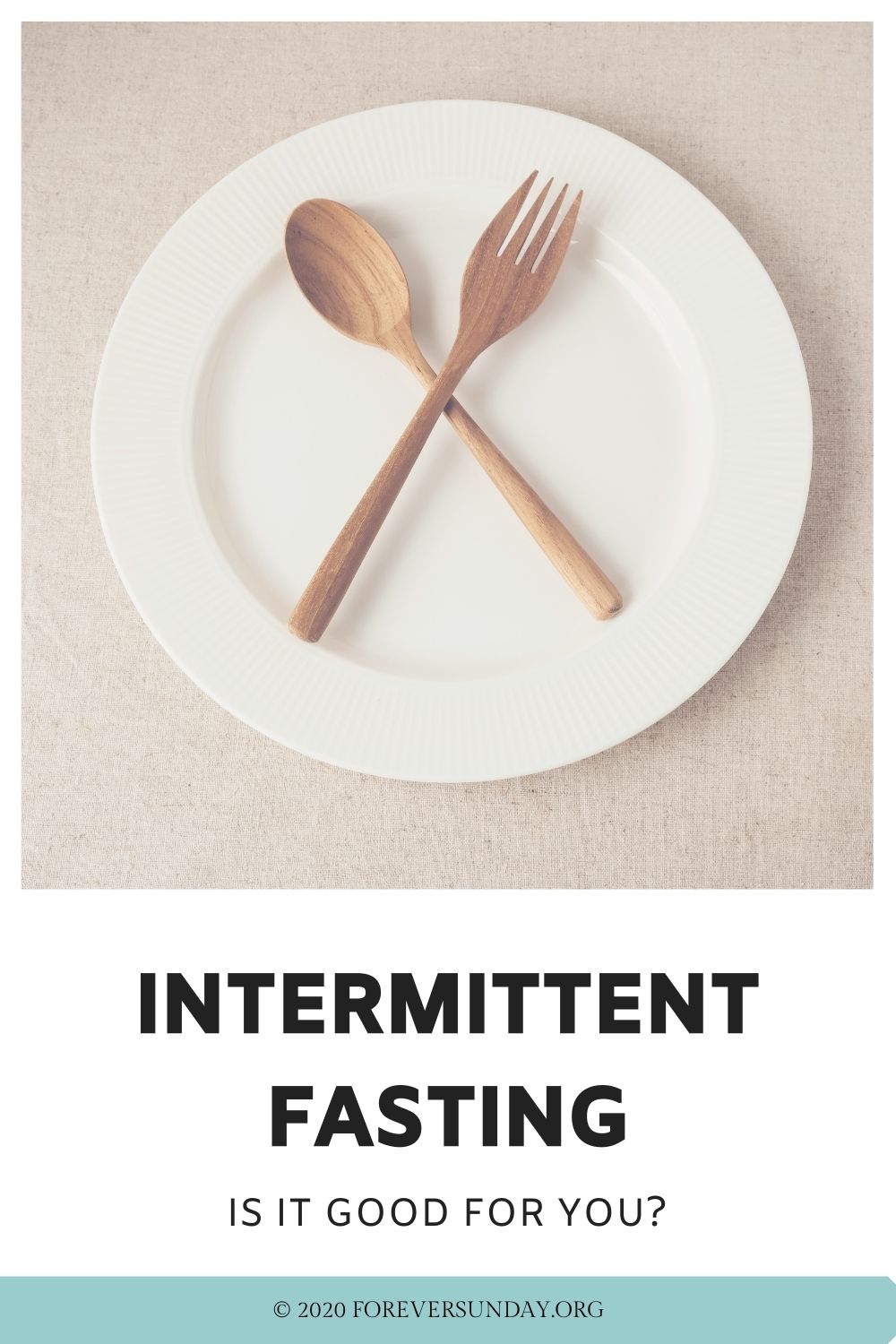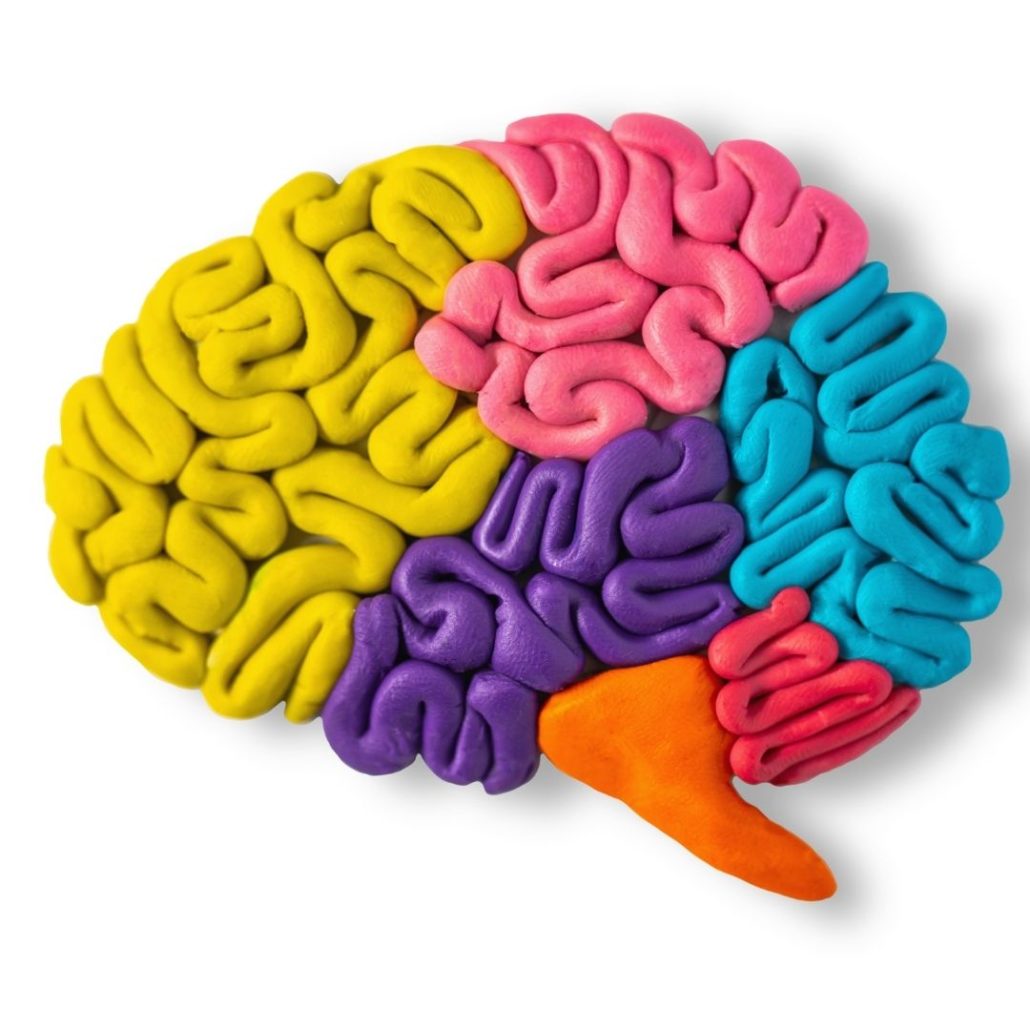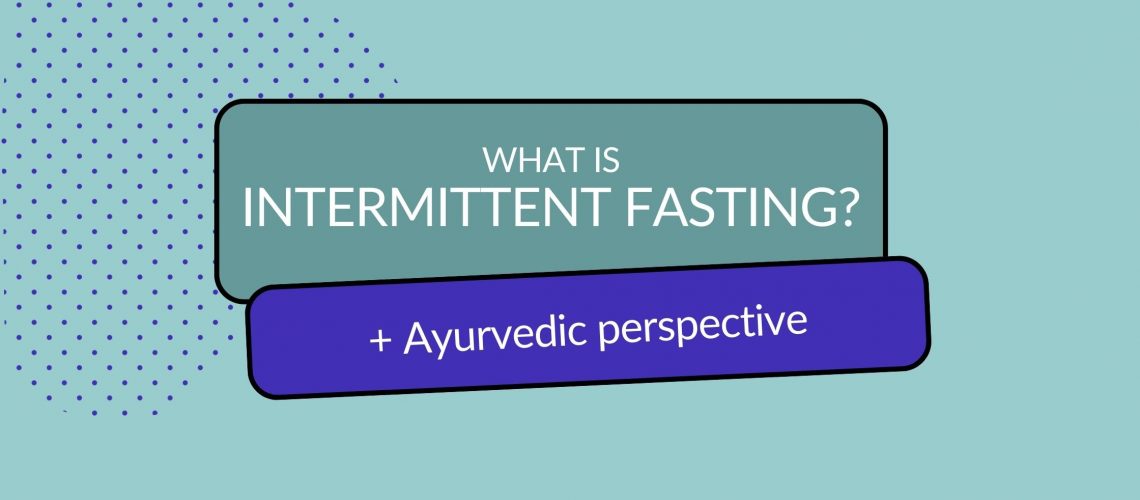
Why I’m trying intermittent fasting
Intermittent fasting is growing more popular by the day. I always thought fasting isn’t for me. I was the kind of person who needed to eat regularly (Pitta dominant dosha here!). “Hangry” is a term very familiar to me (and my loved ones)… If I don’t eat every 3-4 hours I start to feel irritable, lightheaded, weak and dizzy. I get cold (even more than usual) and my skin goes grey and pale and people start asking me if I’m ok.
I had a diabetes test done a couple of years ago but it turned out negative. I know now that all of the above symptoms are due to hormonal imbalances caused by the stressful lifestyle I led in my 20s and early 30s (also leading to burnout, but that’s a story for another time).
The only way I found to manage myself was to eat small quantities regularly as that’s what’s often recommended to manage your blood sugar. But how annoying was that, this dependency on food!
First fasting experience
When I did a 10 day silent retreat in India some years ago (read more about that experience here), we did one day of fasting. Our last meal of the day was at lunchtime, and we didn’t eat until the next breakfast, effectively fasting for 20 hours.
Before we started I thought I would never be able to make it! I had never done anything like that before… But once you set your mind to it, prepare yourself mentally and physically, somehow it works. I did it and it felt great!
I was intrigued as to how it works and why it is so good for you. Many Tibetan Buddhist monks only eat lunch, never breakfast or dinner and they are very healthy. In fact, intermittent fasting occurs throughout all cultures and religions since thousands of years so there must be something to it, right?
Eating like a caveman/ cavewoman
There is this thing “eating like a caveman” or “paleo” (which actually does not mean eating lots of meat!). When you think about it, it makes sense. Not only what you eat, but also when you eat it.
Our ancestors didn’t have any supermarkets… They had to go through longer periods of not eating or even starvation until they found a new supply of nuts or blueberries. Our bodies were made to withstand these periods of hunger by letting us gain weight quickly when food was finally available again.
Evolution
We have evolved a lot as a species, but our metabolic system hasn’t changed. Nor the way our brain responds to seeing or smelling food. That’s why supermarkets bake bread in-house – they want you to buy more food because when you smell it, you want it.
Also, you may not be craving chocolate at this time, but if someone brings chocolate to the office or even just me mentioning chocolate now, you may be thinking that it would be nice to have some. (I am actually thinking this while I am writing it ;-)
The way we eat today with the availability of food we have is something that only happened in the West since 80 years or so. On the timescale of evolution that’s nothing! Our reactions to seeing or smelling food are still the same as 1000s of years ago.
What is intermittent fasting?
When you do intermittent fasting, you fast 2 or 3 times a week. You choose which days and how you fast.

Intermittent fasting eating window
Intermittent fasting for beginners
You do a 12 to 16 hour fast by skipping a meal. If you’re just starting out you may want to fast for 12 hours, and slowly increase to 14 hours, and then 16 hours.
There are two options for fasting 12 to 16 hours:
- You get up, eat breakfast and lunch as usual (not eating more!). Then you skip dinner and only eat again at breakfast.
- Or you eat normally one day with your last meal at dinner and don’t eat again until lunch the next day, skipping breakfast.
Whoever skips breakfast every day isn’t doing intermittent fasting! Skipping breakfast daily can really affect your digestive fire or Agni negatively, as we say in Ayurveda.
So from an Ayurvedic perspective, I would recommend skipping dinner rather than skipping breakfast when doing intermittent fasting.
Intermittent fasting 24 hours
Many people do 16/8 intermittent fasting, but you can do it even longer, up to 24 hours. If you’ve been doing IF for a while you can try this. Always make sure you do this on a day where you don’t have any important commitments, and break the 24 hour fast with a light meal.
5-2 fasting restricting calories
You eat normally 5 days and restrict calories to under 1000 calories the other 2 days of the week. You could do this by skipping a meal (as above) or eat 3 meals that are lower in calories.
Dieting and the jo-jo effect
When you restrict calories for a longer period of time (at least 3 days in a row) your body will go into starvation mode. Your metabolism will slow down and your body will start breaking down muscle tissue for energy.
It takes more energy to sustain or build muscles so in order to “survive”, you will lose muscle, slowing down your metabolism even more. If after the diet you eat “normally” again you will regain what you’ve lost and more (the dreaded jo-jo effect).
When you fast 1 or 2 days a week and make it a lifestyle change, it will help you lose excess weight and keep it off. There is no evidence that intermittent fasting triggers the starvation mode in your body after a 18 hour fast. Starvation mode only starts happening after 3 days fasting or dieting.

What are benefits of intermittent fasting?
These are some of the effects that intermittent fasting has on your body:
Weight loss
If you skip one meal you won’t lose weight, if you do it regularly (as in 2-3 times a week), you will start seeing a difference soon. You will lose weight – but only if you eat normally after the fast and don’t overindulge.
Detoxifies your body
Intermittent fasting gives your metabolism rest, ignites your Agni (digestive fire) and helps eliminate waste from your body.
More energy
You will have more energy because you spend less time digesting. Digesting food is one of the body processes that uses most energy.
Good for your heart
When you lose weight through IF the weight loss is mainly belly fat. People with a lot of belly fat are at higher risk of heart disease. Losing some extra pounds in this area will lower your chances of developing heart disease. Also, intermittent fasting reduces insulin resistance, blood sugar and bad cholesterol which are all indicators connected to heart disease.
Prevents diabetes type 2
Intermittent fasting lowers blood sugar and fasting insulin levels. It also reduces insulin resistance. Your body will go into ketosis, meaning your body is burning fat for energy instead of carbohydrates. When your body can easily make the metabolic switch between burning fat or burning carbs for fuel, you are less likely to develop diabetes type 2.
Boosts growth hormone
Growth hormone is important for gaining muscle. Intermittent fasting will boost growth hormone which will help gain more muscle quicker which means more calories burned! Diet/starvation breaks down muscle; IF helps you gain muscle!
Lowers inflammation
Inflammation in your body is connected to a lot of chronic diseases (allergies, Crohn’s, irritable bowel syndrome, arthritis, asthma,…) Reducing inflammation will reduce the chance of you getting these diseases and it will help your immune system battle them more efficiently if you do suffer from one of these.
Live longer
You will not only be healthier longer, you will live longer too. If you are in your 20s I’m sure that’s not something you are much worried about, but when you are 50-60 you still want to be healthy.
Good for your brain
When you fast, cell renewal gets a boost. IF helps grow new nerve cells and boosts a protein that protects against Parkinson’s and Alzheimer’s. If you’d like to learn more, listen to this podcast about intermittent fasting and its effects on the brain.

It’s simple and doable
- no counting of calories
- no forbidden foods
- reducing the amount of food decisions you make on a fasting day
It frees up time for other things.
How to do intermittent fasting?
Choose your intermittent fasting method
Choose your method: 18 hour fast or 5/2 fasting and plan ahead on which day of the week you will be fasting. Schedule it in your calendar! This helps you set your mind to it and makes it easier to stick to. Choose a day that you will be less busy and haven’t any strenuous activity planned.
Personally I find skipping a meal works best for me, especially skipping dinner. Skipping breakfast is mentally harder because I am a morning person so I am always up early, but it may be different for you! Choose the method that is easiest to stick to.
Hydrate
While you are fasting, only drink water or tea. If you are really hungry, try some almond/soy/regular organic milk. Don’t force yourself if you are not feeling well. Eat and try again after a few days. Your body will adapt!
Eat protein after intermittent fasting
When you eat again after fasting, eat a high protein meal with lots of veggies. A high carb meal after fasting will send your sugar levels sky high and you don’t want to be on that rollercoaster! You don’t have to cut out carbs, just keep them to ¼ of your plate or less and eat whole foods.
Who shouldn’t try IF?
Intermittent fasting is not for everybody. Be careful and consult a doctor before trying IF. It is not suitable for people with diabetes, eating disorders or low blood pressure. Also don’t do it if you are pregnant, breastfeeding or trying to have a baby. Listen to your body. If you are a woman and you notice that your periods change go see your doctor. Your body will always signal if something is wrong!



